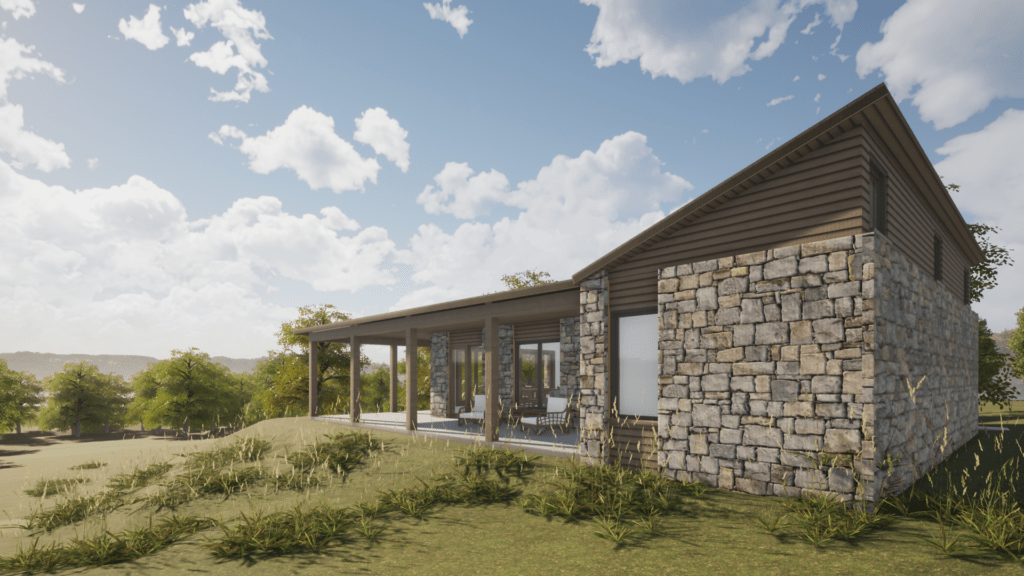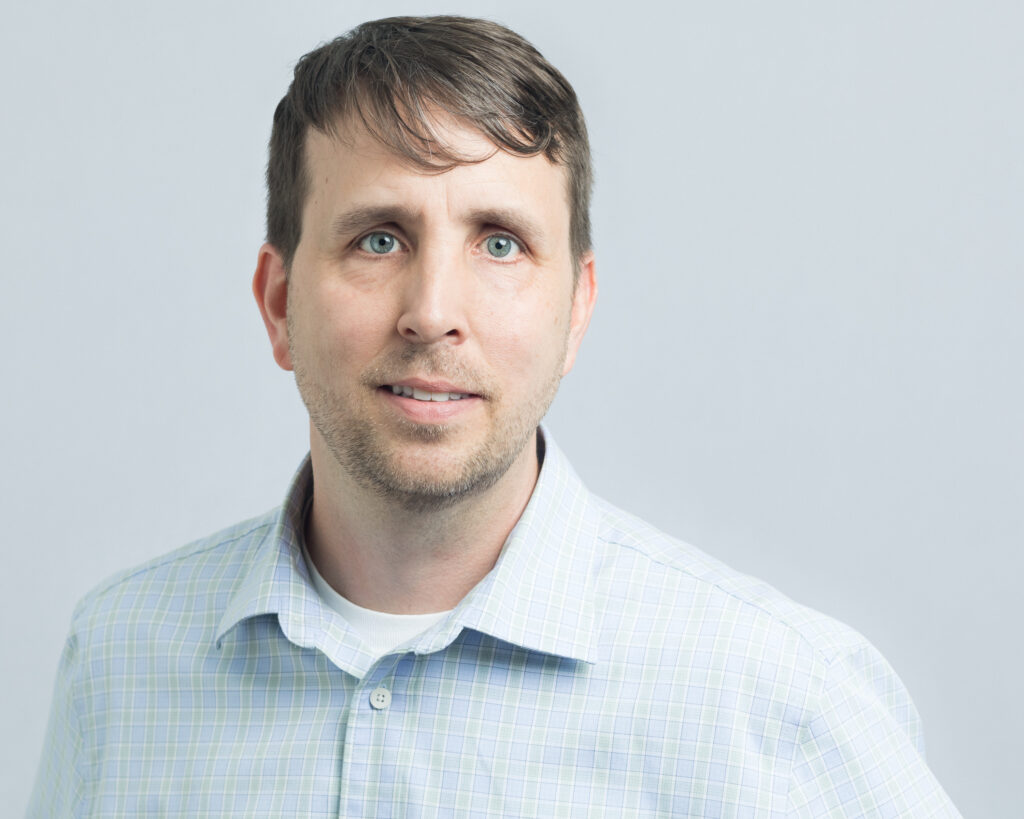In this episode our resident architects Joe Rivers and Kevin Barden visit Nicole Buergers. Nicole is a beekeeper and cheesemonger from Houston, Texas, a career that grew from a passion project into a full-fledged business. Kevin and Joe were introduced to Nicole through Minh Nguyen, owner of Cafe TH and former guest of this podcast. The three of them sat down with Nicole to discuss her beekeeping service and how her diverse background feeds into its success.

Nicole Buergers
Beekeeper & Cheesemonger
Food and Beverage


